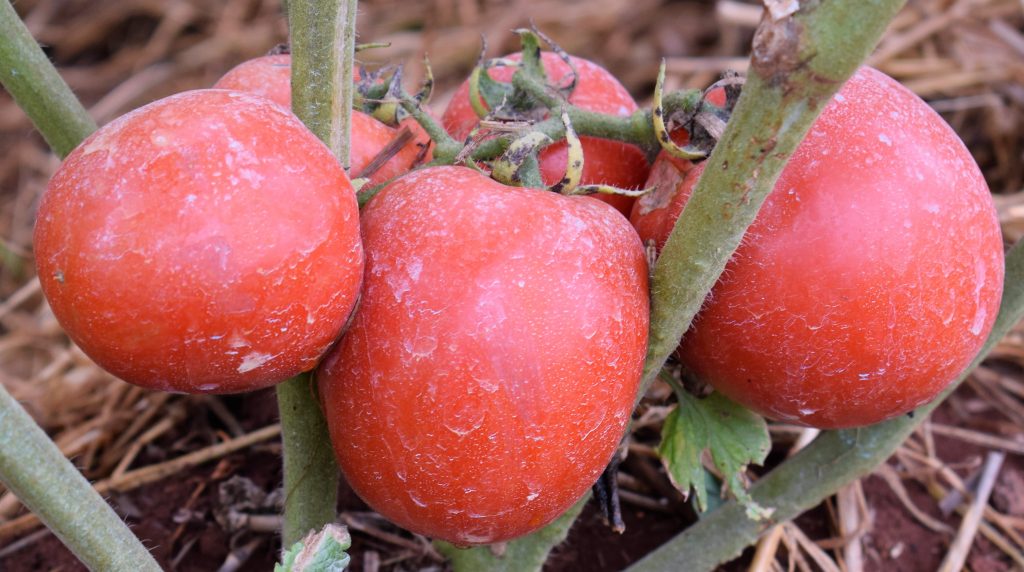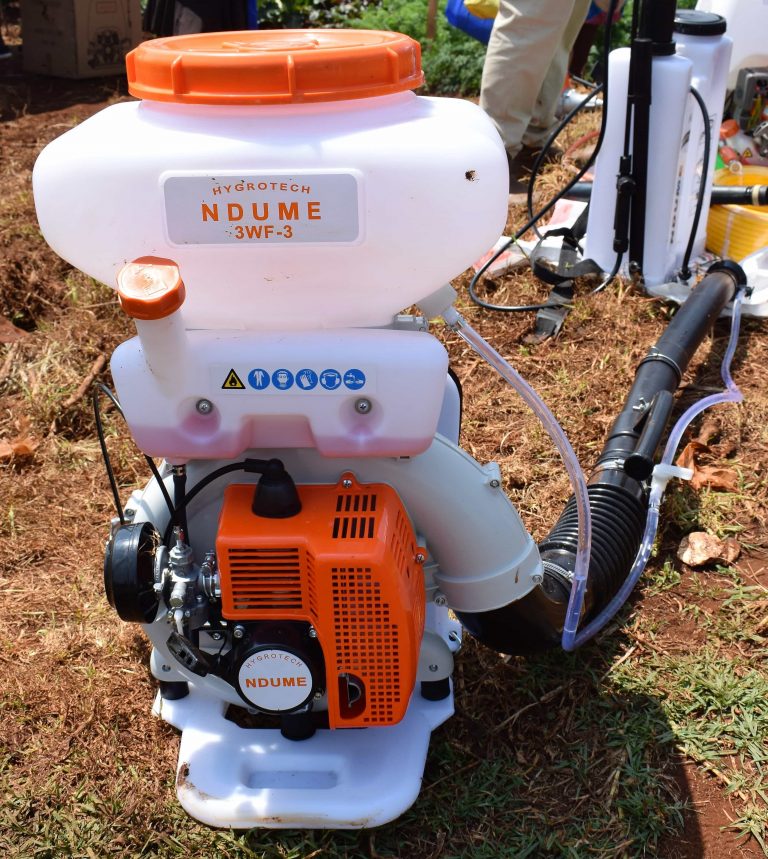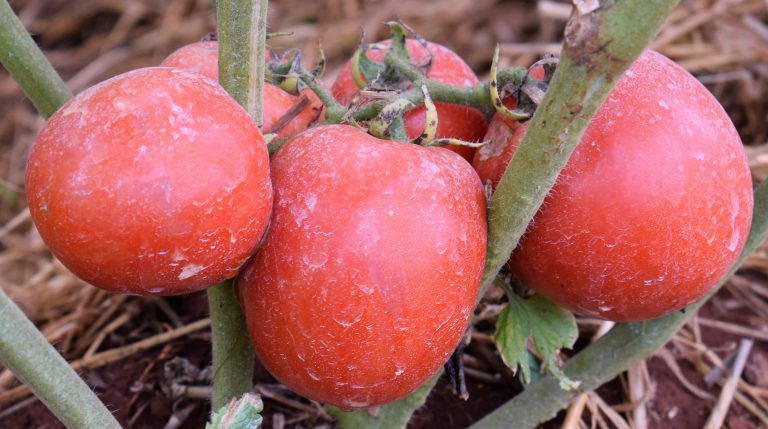The Agrochemicals Association of Kenya (AAK) is advocating for responsible pesticide use among small scale farmers who form the bulk of all the farmers in Kenya. Eric Kimunguyi who is the AAK Chief Executive Officer says that the industry has received a lot of criticism concerning the proper use of pesticides saying the task has been left to the industry to deal with it single-handedly. He, however, says they are trying all they can to educate farmers on the proper use of chemicals in their ways.
“Companies do promotions, use radio programmes to educate farmers and also organize field days where they interact with farmers. The labels on our products are written in both English and Kiswahili to ensure everybody understands what is written there,” says Kimunguyi. He, however, says that practically the agrochemical companies can’t reach all the small-scale farmers in the country who are about 4-5 million. The collapse of extension services he adds has also complicated the situation as extension officers easily reach farmers on the ground. The concern is concentrated mostly on the small-scale farmers as he says large scale farmers are assumed to be educated and hence follow the required regulations.

According to a survey conducted by Food and Agriculture Organisation of the United Nations, extension services in Kenya started declining in the eighties and this was made worse by a huge number of extension officers who reached retirement age. The trend continued after devolution and very few counties are rebuilding extension services according to the survey. The survey also pointed out that about 50,000 extension workers are needed in the country currently.
Kimunguyi has however asked farmers to take personal responsibility on the proper use of pesticides. “Farmers should change their behaviour too because no matter how many trainings we conduct to create awareness, nothing will change if farmers don’t make a deliberate effort to follow regulations on safe use which comes with personal discipline. This is will make farmers wear protective clothing when spraying their crops, use the right pesticide and also follow instructions on the quantities required and the correct mixing,” says the CEO.
AAK the CEO says also came up with a programme to train spray service providers in the community. The training is free and the aim is to ensure there is proper spraying in terms of dosage, timing and also spraying techniques. Professionals are trained to provide spray services to farmers at a fee. Mostly they target the youth although they train people up to 45 years which is the maximum limit of age.

So far, they have trained 867 providers in various counties. Apart from spraying services, the youth are trained to offer other services like soil testing, terrace making, new products promotion and they can also conduct demos. Training is done in two phases where Trainers of Trainers (TOT) are trained then they are used to train the spray service providers. Mostly it is practical training on spraying safety, how to calibrate knapsack sprayers, how to handle pesticides, how to dispose of the containers and other packaging material and also provide simple extension services. They are then accredited using an accreditation system which is valid for two years. After two years they are then assessed and those who pass are retained and re-accredited.
“We want to upscale the programme to reach every part of the country and it uses a lot of time and money. The challenge of upscaling it to reach 4-5 million farmers is also a huge task. But as an industry, we have developed the concept and we have talked with the Ministry of Agriculture who have approved the syllabus. Talks are now ongoing with the Ministry and also the County governments as agriculture is devolved to fine-tune things and shepherd the full implementation of the programme to all counties,” says Kimunguyi.





